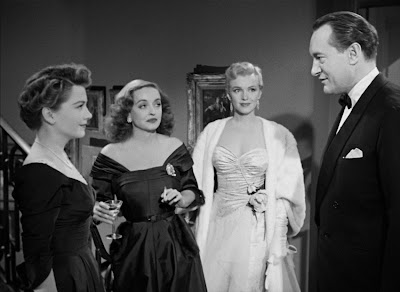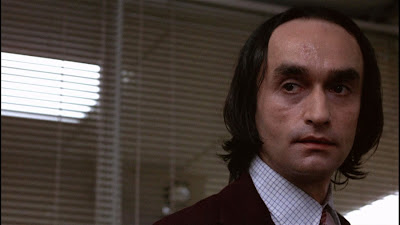 |
| Posing here with a picture of his family. |
Here is a poem he wrote for his daughters:
To my Twin Daughters
My greetings on this day of days,
A symbol in so many ways
Of showing to the world at large
That you are now the ones in charge
Of your own lives and destiny--
To go, and come, and do, and see
As you've a thought or intuition
Without dear parent's kind permission.
Now there's a truth that you should know
And it may come as quite a blow --
But truth is truth and must be told
No matter that it may seem bold
That I should take upon this task
(Especially since you didn't ask).
How can this subject be approached?
It is a subject rarely broached,
To tell you all the ugly details
Better if not told to females.
Now that I've started on this chore
I must not linger lest I bore.
The job is mine, I cannot look
For some escape in some good book.
The answer is as plain as day
But I must seek some pleasant way
To break the news some way or other,
Or is this job one for your mother?
Our family group has talked real plain,
But one subject did we disdain.
We've talked of Shakespeare, Dickens, Poe;
Of places we've been and where to go;
Of plays we've seen and books we've read;
Of dances as you've sat on our bed.
We've talked of cities in many a land
But not a word of the subject at hand.
I thought this to be the easiest way
To get off my chest this thing I must say
For somehow a rhyme seems gentle and nice:
Whoever heard of a poem of vice?
Yet here I remain no nearer the truth
That I must tell while you're still in your youth.
I'd rate real low as a parent indeed
If this one truth you neglected to heed.
But to you girls should I confess
That I am caught within this mess?
My mind a blank with no way out;
Your minds confused and full of doubt --
Or should I come right out and say
What's to be said without delay?
Here is the truth -- no further pause;
There isn't any Santa Claus!
Rest in Peace, Grandpa.












































qsnVFu8BMbIYGhcOQ~~_35.jpeg)






